Why You Should Let Go Of The Need To Please- Interview With Author Dr. Ilene S. Cohen
The need for people pleasing comes with the need to be loved and accepted. Would you agree? Do you find yourself feeling that way sometimes, that pushes you to do things for others unwillingly? I was once there too, and I know how hard it is to put yourself in those situations.

People pleasing is definitely an unhealthy behavior. It never allows us to be ourselves, which in turn puts a lot of pressure on our mental health. If you’re still doing things you don’t want to do, hoping those things will strengthen your relationship with others, then it’s time you stop! Stop to think and reflect about what you like and dislike.
It is time we put ourselves out there in the world in an authentic way- without worrying about, what if people don’t like us, or what if they judge us! It is time to detach ourselves from other people’s opinion. It’s time we stop seeking validation and approvals from others.
I reached out to Dr. Ilene Cohen, author of the award winning book, When It’s Never About You: The People-Pleaser’s Guide to Reclaiming Your Health, Happiness and Personal Freedom, to find out more about people pleasing habits, and how we can stop being a people pleaser and just be ourselves. Come further and read along to find out how?
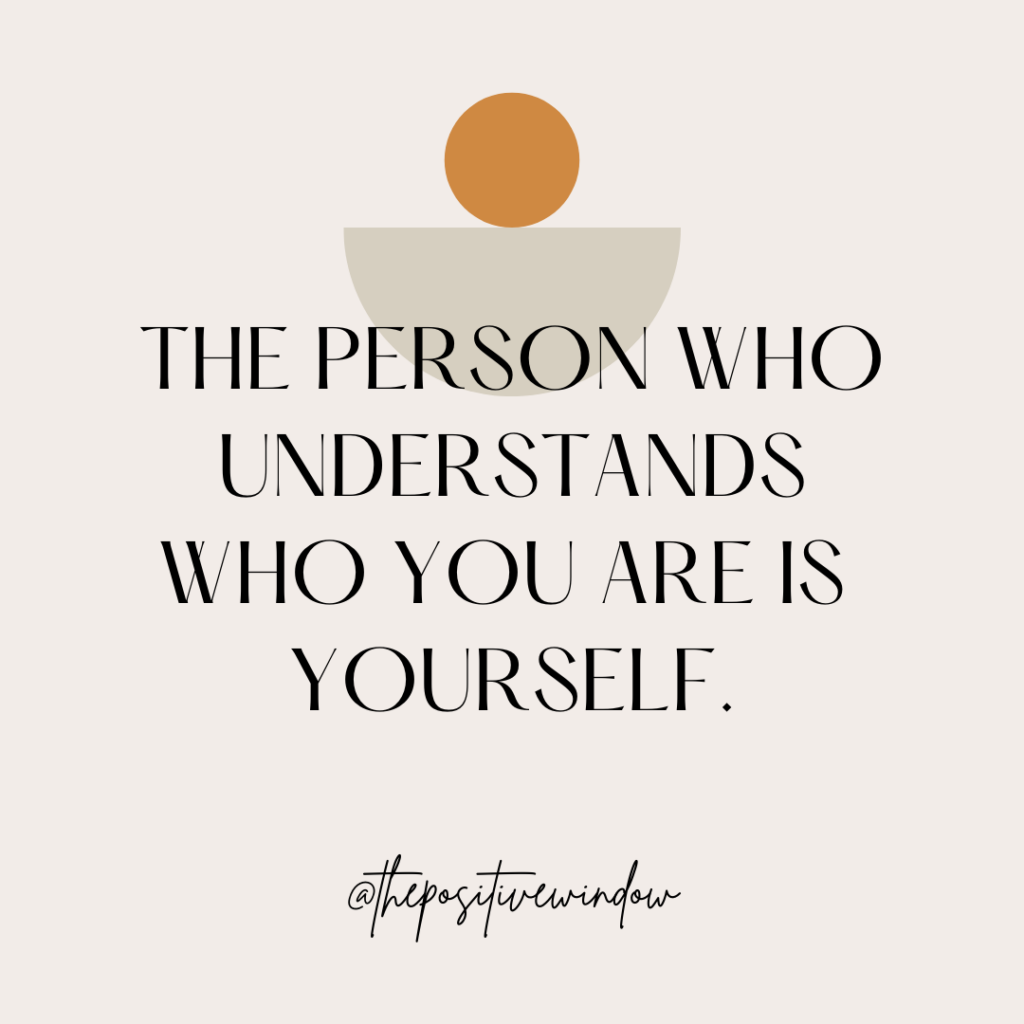
Q. Please tell us a little more about your journey as a psychotherapist and as an author of five award-winning books?
It took me so long to understand that, being loved and accepted is a human need. But instead of waiting for others to approve me and include me, I must give myself that love, care, and attention, that I was seeking from others all these years.
Since I can remember, I always wanted to be a therapist. I was curious about human behavior, the mind, and the brain. I thought it was fascinating to study how humans function the way they do. I also loved the idea that having a conversation with people could help them lead better lives and possibly feel happier.
As I went on to school, I was educated in family therapy, which really helped me see the importance of human relationships and how much they affect how we operate and function. I have always loved to write, and I found a way to incorporate my passion with psychology.
I thought it would be a great way to reach and help more people who are struggling. I think my love for what I do shines through in my work; that is what my readers enjoy about my work. Also, I don’t write about anything I haven’t experienced personally.
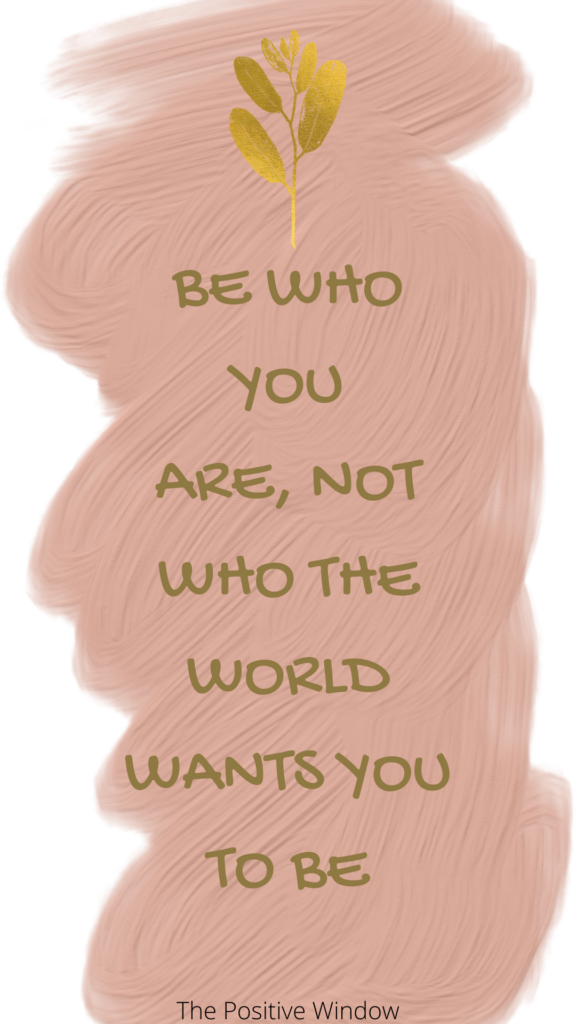
Q. What are your best tips to help people stop the urge to please?
First is being aware that it’s a problem. People don’t see it as a problem until it becomes very uncomfortable to please the people in their life. They may feel resentful, anxious, burned out, or have a strong urge to distance themselves from the people in their lives.
When you start noticing the anxiety associated with pleasing, that is when it’s time to make changes. Just know it isn’t easy to change your pleasing ways, and it will be hard at first to change. You please as a way to manage your anxiety around disapproval, abonnement, feeling unworthy, etc. So, it will be hard to change at first.
Also, know it doesn’t make you a bad person to start focusing on your emotions and life; it is better for your relationships. It’s also essential to work on and explore the reasons you did become a people-pleaser.
When you look at your history and upbringing, it always makes sense as to why you please in your relationships. It might have been a valuable tool to protect yourself; however, it’s okay to make changes when you are older and safe to be your own person.
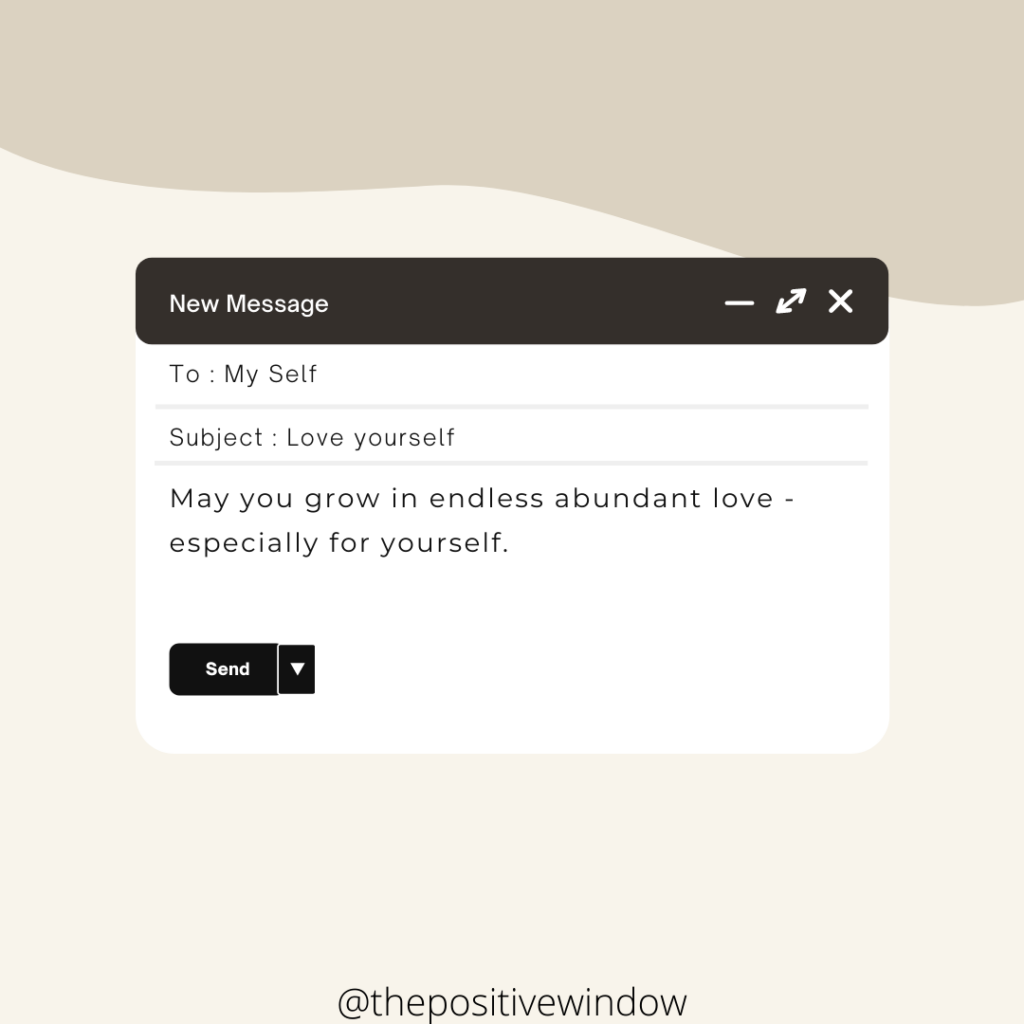
Q. What alternative would you suggest to not-people please and continue to have a good relationship with others?
To slow down and start paying attention to your feelings of discomfort. Suppose you feel resentful, unmotivated, anxious to speak up. In that case, etc., those are all signs to not people please. You will have better relationships when you start bringing your voice into your relationships. Some people might give you pushback at first, but others will be happy to hear what you have to say. Just try to be as honest, objective, and straightforward as possible.
Q. What are the most common fears of a people pleaser?
That they will be rejected, unloved, abandoned, “cause” problems, won’t be perfect, won’t be accepted, won’t be enough, and will be verbally attacked.
Q. People-pleasers fear that they might upset them by not tending to others’ demands and might even be left alone or without any friends and social connections. What’s your advice to them?
I understand that fear, and if you look back at your upbringing, it probably made sense to please. However, now it is just a fear. It is essential to get more factual about that. And if you are honest, open, and respectful and that upset someone in your life, that is their problem, not yours. You won’t be left alone with no family and friends. However, you might feel an increase in anxiety at first as you make changes. Just remember if you keep giving in to the demands of others, the more chance you will feel overwhelmed and burned out by your relationships, which might lead you to cut off your friends and family.
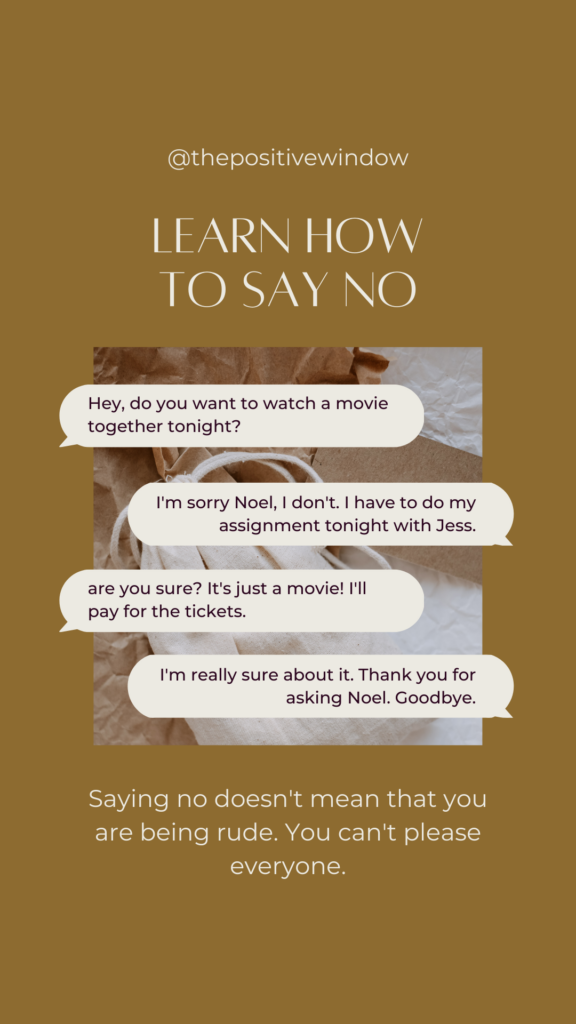
Q. The journal ‘Not Enough You’ is such a great addition to the book [which is my very favorite too!], “When It’s Never About You.” But what motivated you to write this journal?
So many of my clients love to journal, and many people who read my book came to see me in therapy for more help. I know many people might not have access to treatment, so I created a journal with questions that I might ask you in therapy. So, you get the therapy experience in a journal form.
Q. Out of all the five books you have written: When It’s Never About You, Not Enough You, It’s Within You, Anxious for Answers, Adios Anxiety, which book is your favorite and why? Any memorable stories you would like to share behind writing that book[s]?
Just like my children, they are all special to me; they all have their value. I would say my best-selling book is “When It’s Never About You.” That was my first book, and I shared my most personal stories. That was the most difficult to write because I wasn’t sure how much personal information I wanted to share. I also never wrote a book before, so it was a lot of trial and error. I did a lot of research, and it took the most time to write.
Q. What is your next book going to be about?
My next book coming out in May is “The Forgiveness Workbook.” I am very excited about this book. I worked with a new publisher, and I am thrilled with how the book came out. It is such an important topic to learn how to forgive.

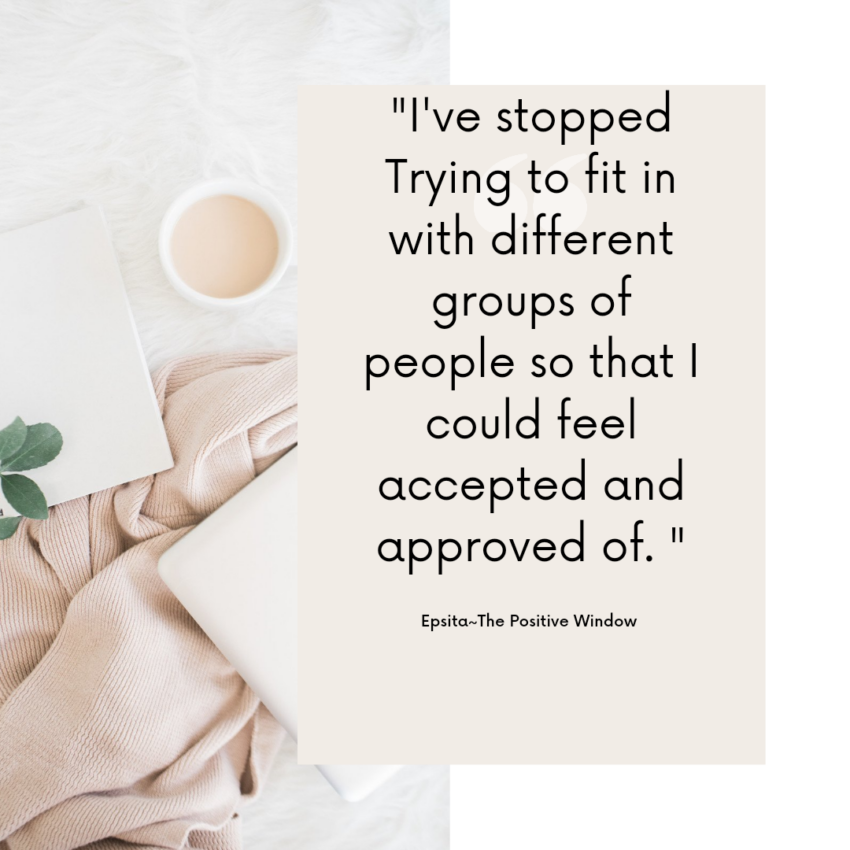
Thank you for this post! This interview is so interesting. I think I can relate to it a lot because I’ve often been guilty of being a people pleaser.
Thank you so much, Ivana for sharing your thoughts with me. I’m so glad you found this post helpful. I was there once too, and I guess we all slip into the habits of people pleaasing every once in a while. And it is absolutely okay. But we must remind ourselves that we can always change our unhealthy habits, and we must begin with loving and accepting ourselves truly <3